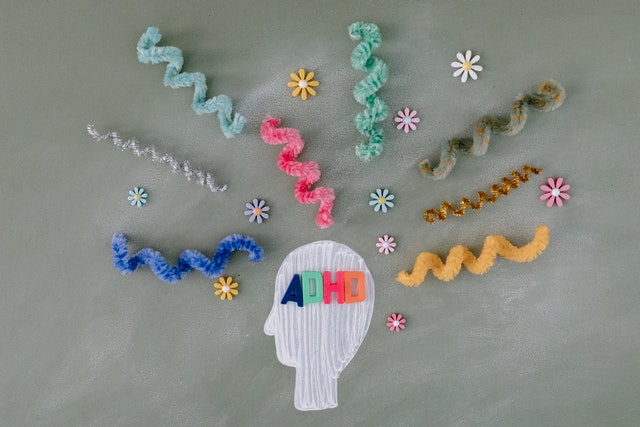Neurodivergence is not a diagnosis. It’s not even a medical term. However, it can play a very important role in helping people with a wide range of conditions, e.g. obsessive-compulsive disorder (OCD), dyslexia, and Tourette’s syndrome. Introducing the concept of neurodivergence can reduce shame and empower such folks with a more neutral, less judgmental perception of themselves.
A neurodivergent person’s brain develops and works differently — not “better” or “worse.” They have unique strengths and struggles. One such struggle is anger management. For the purposes of this post, we’ll discuss anger as it presents in two particular neurodivergent conditions: attention-deficit/hyperactivity disorder (ADHD) and autism spectrum disorder (ASD).
ADHD, ASD, and Anger
 When most people hear the letters ADHD, they probably conjure up images of forgetfulness, distractibility, and non-stop movement. Meanwhile, anger is an equally prevalent and impactful symptom. In fact, struggling with anger control is found to occur in about 70 percent of adults with ADHD and 80 percent of children.
When most people hear the letters ADHD, they probably conjure up images of forgetfulness, distractibility, and non-stop movement. Meanwhile, anger is an equally prevalent and impactful symptom. In fact, struggling with anger control is found to occur in about 70 percent of adults with ADHD and 80 percent of children.
Anger is more frequently associated with ASD. People of all ages with ASD have a tendency to rapidly shift from calm to angry. The reasons for such a shift are similar to those of someone with ADHD (or most other neurodivergent conditions).
What Typically Triggers Anger?
In a nutshell, both ADHD and ASD can make people feel increasingly frustrated until they hit a boiling point. Besides the aforementioned frustration, triggers include:
- Dealing with judgment and criticism
- Sensory overload
- Feeling swamped with tasks and responsibilities
- Unexpected changes in a schedule or routine
- The behavior of the people around them especially if they are sarcastic or insensitive
- Coping with the ways neurodivergence can negatively affect relationships, jobs, etc.
All of the above adds up to an accumulation of stress that needs an outlet. Unless a neurodivergent has been helped to cultivate a toolbox of coping mechanisms, a buildup of stress and frustration will likely be expressed via anger.
How Someone Who Is Neurodivergent Can Manage Anger
1. Identify Triggers and Solutions
Rising anger has a way of taking a person out of the present moment. In such a state, you’re not able to effectively recognize the presence of triggers. You’ll also struggle with implementing the coping skills you’ve learned in therapy. Therefore, a powerful step is to carefully monitor and list what tends to make you angry and what has worked when calming yourself. Familiarity with these patterns can help you more quickly derail an angry outburst.
2. Step Away from the Source
As you become more adept at the skills discussed in #1 above, you are better positioned to remove yourself from situations that typically result in anger. You can plan in advance and do important preventative work, e.g. setting up your home and workplace to be more friendly to your needs. Take breaks when possible and institute a regimen of self-care and stress management (see #3 below).
3. Build Resilience
An exercise routine is a proven method for increasing discipline and feel-good chemicals in your mind and body. At the same time, you fortify yourself for life’s inevitable ups and downs. The other side of this coin involves a commitment to relaxation techniques. Some suggestions:
- Yoga
- Tai chi
- Walking outside
- Deep breathing
- Visualization
- Listening to mellow music
- Speaking mantras and affirmations
- Using sensory and fidget devices
Working with an Experienced Therapist
There’s nothing like having one-on-one therapy with a seasoned professional who understands the role neurodivergence can play in anyone’s life. Your sessions are where you can talk openly about your anger while calmly working to find manageable solutions. If the above information resonates with you, you are not alone and help is very much available. Let’s connect and talk about anger management soon.



